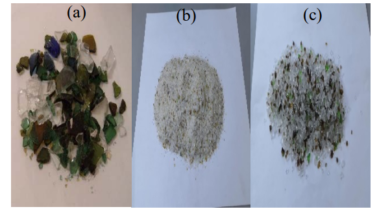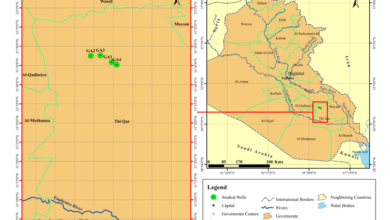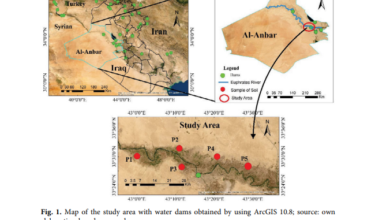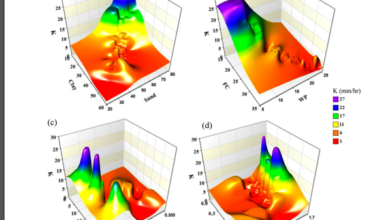SLOPE STABILITY AND SOIL LIQUEFACTION ANALYSIS OF EARTH DAMS WITH A PROPOSED METHOD OF GEOTEXTILE REINFORCEMENT

SLOPE STABILITY AND SOIL LIQUEFACTION ANALYSIS OF EARTH DAMS WITH A PROPOSED METHOD OF GEOTEXTILE REINFORCEMENT
Nadhir Al Ansari
Civil, Environmental and Natural Resources Engineering, Lulea University of Technology, Sweden
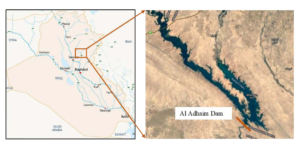
ABSTRACT:
Dam projects require comprehensive studies and a careful implementation process; thus, the causes of the possible failure, during the construction or operation of dams, should be thoroughly investigated. Specifically, geotechnical analysis of seepage, static stability, and seismic stability is essential to be evaluated. Earthquakes shaking imposes additional hysteric and short-term loads in the two directions that may cause serious problems and may lead to dam failure due to settlement, piping, high pore water pressure, and soil liquefaction. In this study, Geo-Studio 2018 software was utilized to evaluate the slope stability and the seepage analysis of Al-Adhaim Dam in Iraq. The dynamic stability of the dam and the soil liquefaction were also evaluated as a result of applying earthquake shaking to the dam. The results obtained from the analysis indicated that the dam was stable in the static condition. Furthermore, the results of the dynamic condition indicated that an earthquake, with an acceleration value of 0.38g and 10 seconds period, caused a vertical displacement of the dam of 0.12 m and reduced the factor of safety to 1.01 which was less than the allowable value. Therefore, geotextile reinforcement was suggested to reduce the effect of the soil liquefaction that was observed in the front shell of the dam. As discussed herein, the reinforcement increased the dam stability as the factor of safety of the dam increased to 1.946 which was within the allowable values.

